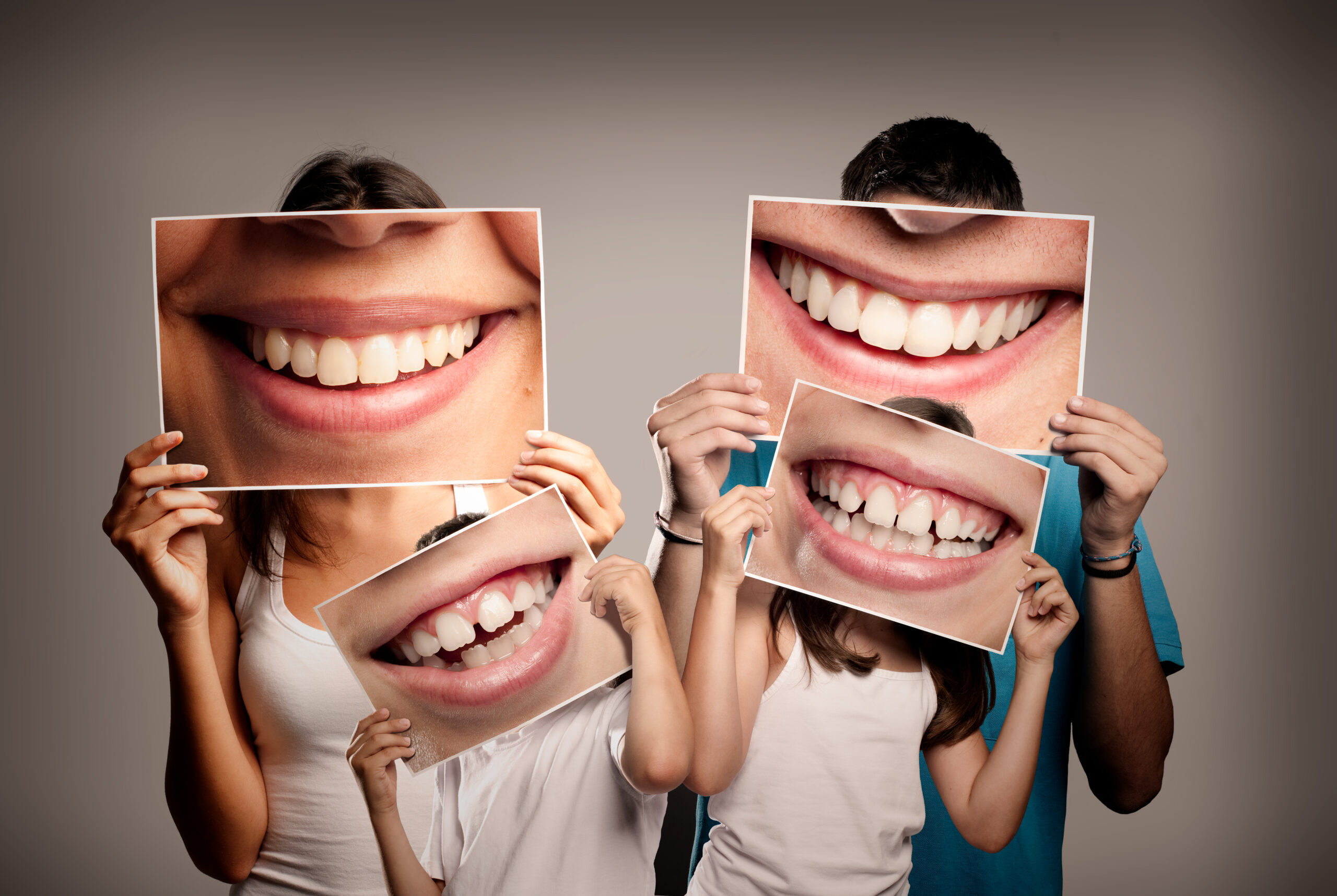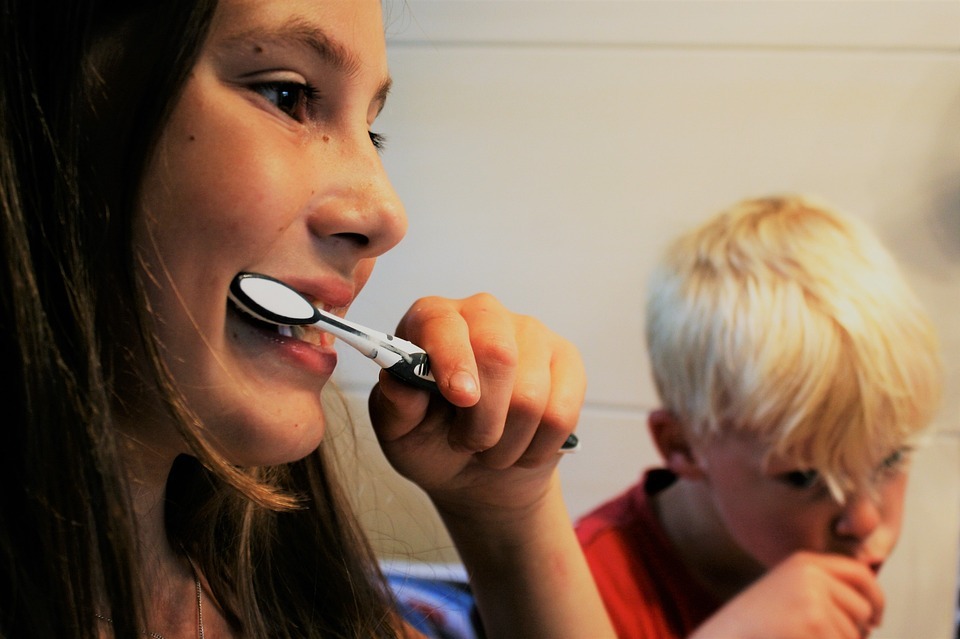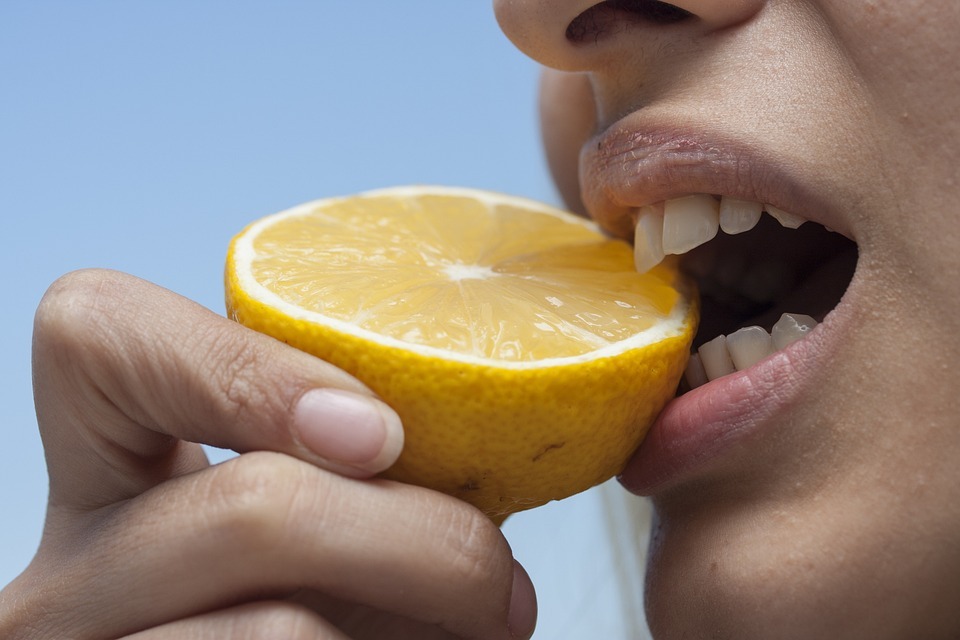If you don’t know how to maintain good oral hygiene, it can lead to many problems. You could get cavities, bad breath or gum issues.
There are several causes behind poor oral hygiene: not brushing your teeth well enough, improper dentition cleaning methods, eating too fast causing saliva to run off your tongue and not flossing enough.
Good oral health is essential for overall health. People with poor oral health are more prone to developing oral diseases and cancers. Also, individuals who have good oral hygiene tend to have stronger teeth and gums, as they have good dental fluoridation.
In this article, we present ten simple but effective tips on maintaining good oral hygiene.
1. Brushing your teeth at least twice per day
Brushing your teeth after every meal is one of the best ways to prevent plaque buildup, which can lead to tooth decay. It should also be done before bed and at least twice during the day, but it’s best to brush for at least two minutes each time you brush.
When bacteria accumulates in our mouths and isn’t removed, it quickly creates unpleasant odors and bad tastes in our mouths that others can easily detect when we talk or smile.
When you brush, it removes bacteria and food particles that have accumulated in your mouth since the last time you brushed. This helps to prevent gum disease and cavities, both of which can be quite uncomfortable and even painful.
Get into a routine that works for you so that brushing becomes part of your daily routine.
Additionally, brushing can help prevent tooth decay, gingivitis, and periodontal disease by removing plaque, food remnants and foreign material that can accumulate between your teeth.
This helps prevent cavities and other oral problems.
2. Floss your teeth every day
A toothbrush isn’t enough to properly clean between your teeth, so flossing is also important to keep plaque from building up in between teeth and causing tooth decay.
Flossing should be done at least once per day, but try to do it before bedtime since sugar can cause bacteria in your mouth to multiply during the night while you sleep. Remove any food debris from between your teeth using a plastic scraper or interdental brush made to remove plaque and tartar.
Floss every day, using either an alcohol-free floss or dental tape that also cleans plaque from between teeth.
Flossing is an important part of your oral hygiene routine and must not be overlooked, as it removes harmful plaque from areas between the teeth where toothbrush bristles cannot reach. The benefits of flossing are numerous – it helps to prevent gum disease by removing bacteria and food particles which can lead to bacteria growth in the mouth, as well as preventing tartar buildup and bad breath.
Not only that, but when patients floss every day they can achieve a brighter smile, as any stubborn plaque is removed and the teeth are better-equipped against creating surface stains.
3. Use a mouthwash that destroys bacteria
Mouthwash is another important part of your daily oral hygiene routine, and it should contain ingredients that kill germs, not just clean them away.
Look for a mouthwash that contains alcohol, which helps kill bacteria and remove plaque from the surface of your teeth, as well as other ingredients like glycerin or sodium bicarbonate (which neutralizes acid in your mouth).
When you’re in a rush or having a hard time cleaning hard-to-reach areas, mouthwash does the trick.
4. Replace your toothbrush every three months
If you are going to treat your teeth with fluoride gel or hydrogen peroxide, it’s important to replace your toothbrush after using it for obvious reasons — you don’t want to contaminate the next one!
Also, the bristles on your toothbrush are the first line of defense against plaque buildup, so they should be replaced regularly to ensure proper cleaning.
The bristles on the toothbrush become worn out over time due to daily use, making them ineffective. When they wear down, they can’t clean teeth properly or reach the hard-to-reach areas which leads to greater plaque buildup and an increased risk of gum disease.
It’s recommended that you replace your toothbrush every three months – or even sooner if it shows signs of visible damage – in order to reap the benefits of improved oral hygiene.
5. Visit your dentist for regular checkups
Regular checkups with your dentist are the best way to ensure that your teeth and gums stay healthy. They can also help you determine if there are any issues that need a more in-depth evaluation.
A good dentist will be able to spot early signs of damage, like cracks or chips, and will be able to offer solutions that can prevent further problems from developing.
By visiting your dentist regularly, they can spot potential problems before they become serious and help you to address them. You will also receive professional advice on how to keep your teeth healthy by practicing good oral hygiene habits and making dietary changes if necessary. In addition, visiting a dentist for regular checkups can help you prevent cavities, tooth decay and gum disease.
Regular dental checkups also give you a chance to get expert advice on treatments that may be appropriate for any current issues with your teeth or gums. Dental exams are important as they give your dentist a chance to look closely at any signs of damage, disease or decay that need attention.
If you’re looking to get quality dental treatments that are way cheaper compared to other countries, you might want to check out clinics located in Los Algodones.
Some of their dental clinics offer multiple services like all-on-4 dental implants in Los Algodones, dental crowns and more. The quality of service can be compared to that of dental clinics in the U.S., if not more.
6. Keep an eye on your gum health
You may not be aware of it, but you have very sensitive gums which are extremely susceptible to irritation and infection. This could lead to plaque build-up, which can cause bad breath, tooth decay and even gum disease (if left untreated).
Our gums are the foundation for our teeth and have a major impact on our oral health. When gum disease develops, it can lead to tooth decay and loss, bad breath, and discomfort from swollen or bleeding gums.
Taking regular care of your gum health by brushing, flossing, and using mouthwash can help keep problems like infection and disease at bay. It can also prevent bad breath and ensure that your teeth remain strong and healthy.
Regular cleaning helps prevent this from happening, so make sure you brush twice daily with soft bristles that don’t cause irritation or damage the skin around your gums or jawline.
7. Avoid sugary and unhealthy food
Sugar is one of the worst things you can put in your mouth because it creates acidity in the mouth which damages tooth enamel over time and causes cavities.
Sugary and unhealthy snacks are full of refined ingredients that can affect the enamel on your teeth, leading to dental problems over time. Consistently consuming sweet drinks and sticky sweets causes bacteria in the mouth to thrive, eroding teeth as well as causing plaque build-up by releasing acid onto the surface of teeth.
It’s important that you limit the amount of sugar in your diet because it can cause tooth decay and gum disease due to its sticky properties when combined with saliva in your mouth.
Also, avoid acidic foods like citrus fruits because they contain citric acid which promotes tooth decay.
8. Be careful when eating hard foods
Hard foods like popcorn, seeds and nuts can damage the enamel on your teeth and increase your risk of cavities if you don’t brush after eating them.
Eating overly hard foods over an extended period of time can contribute to excessive wear and tear on the teeth that could ultimately require costly dental repairs. With this in mind, it makes sense to be careful when enjoying hard foods by cutting them into smaller portions before consuming them.
Also, some hard foods should be avoided altogether— particularly those that may contain sharp edges that could damage the gums and surrounding tissues.
9. Don’t chew tobacco or smoke cigarettes
When you smoke and chew tobacco, your mouth is constantly exposed to the harmful chemicals in the tobacco and tar. The nicotine in cigarettes also causes dry mouth, which can cause tooth decay by causing bacteria to grow on your teeth.
Tobacco contains toxins that can discolor your teeth, break down the enamel, and cause gum inflammation. Smoking increases the risk of gum disease, reduces blood flow to the gums and mouth tissue, and even contributes to bad breath and dry mouth.
Not only will these habits affect oral health but they can also cause more serious issues such as cancer or other illnesses. In order to have a beautiful smile that you’re proud of and maintain healthy teeth, avoid smoking cigarettes or chewing tobacco at all costs.
10. Limit the use of mouthwash and toothpaste with fluoride
Using mouthwash and toothpaste with fluoride can help keep teeth healthy by preventing cavities from forming at their root level (cavity decay), but too much fluoride can also cause dental fluorosis in children and adults alike.
The National Institutes of Health (NIH) Office of Dietary Supplements (ODS) recommends 1 milligram (mg) of fluoride per day for children over 6 years old; 1 mg per day for adults over 18 years old; and 2 mg per day for anyone else who has not reached these ages.
Final Thoughts
By following these habits, you can effectively maintain good oral hygiene. These practices are vital not just for your teeth and gums, but also for the overall health of your mouth and its supporting structures.
Having healthy teeth and gums will contribute to keeping your mouth clean, breathing easier, and reducing the risk of problems such as bad breath.
Follow these practices religiously, follow your dentist’s recommendations, and have regular checkups and you can avoid any serious problems in the future.



